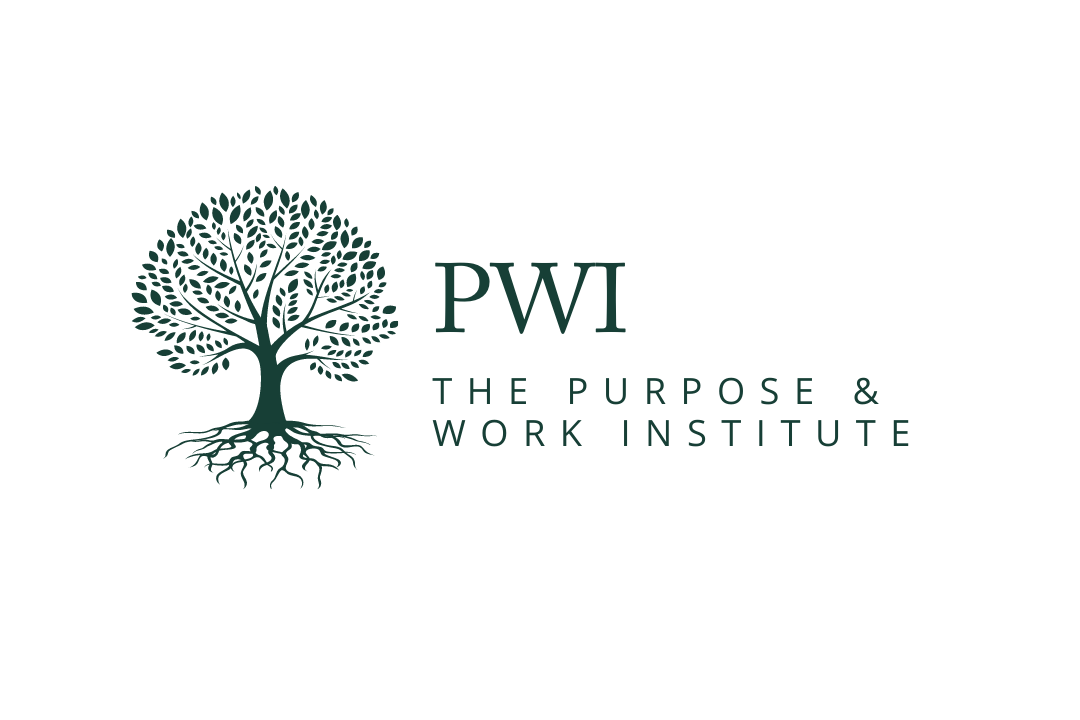The Importance of Prioritizing Employees’ Needs In Your People Strategy
Do you consider your employees' needs as you develop your organization's culture, employee experience, and people strategy?
Understanding people’s needs is the starting point to understanding what motivates and moves them. As a result, needs-based theories have been created to identify and categorize needs, the most popular theory being Abraham Maslow’s Hierarchy of Needs.
The theory states that people have a desire to satisfy needs that are arranged into categories and levels based on importance. The most foundational needs are physiological needs like food and water. The next level, security, marks needs that provide a sense of safety, stability, and security. Belonging needs tend to be more social and offer love, inclusion, and acceptance, while esteem needs center around a person’s need for positive affirmation, self-image, and self-respect. The fifth level needs focus on self-actualization. This level emphasizes one’s need for personal growth and fulfillment of their purpose and potential. So how do these needs translate in the workplace?
Consider your employees’ needs in your cultural, people, & employee experience strategy.
Individual differences and needs play a huge part in increasing motivation and organizational commitment. People have different needs, abilities, personalities, values, and interests. These individual needs and characteristics have the power to influence an employee’s motivation and overall performance. Because needs are often the starting part (but not the sole driving factor) in motivation, it’s important to consider them when designing your overall people and employee experience strategy.
Needs-Based Questions to Consider When Developing or Evaluation Your People Strategy:
When it comes to physiological needs, does our organization provide fair and equitable pay to your employees or the bare minimum that is required?
Does our organization provide a psychologically safe environment where employees are encouraged and invited to be vulnerable, take risks, voice their opinions, and make mistakes?
Outside of our PR. marketing, and brand strategy, does our organization create an internal company culture that considers, values, and includes, and celebrates diverse people, backgrounds, worldviews, thoughts, and abilities?
Do we have regular rhythms and practices that recognize, reward, and promote our employees?
Do we nurture our employees’ personal purpose, growth, and development and help them to understand where they fit within our organization?
Although Abraham Maslow's Hierarchy of Needs wasn't specifically designed to explain workplace behavior and there has been much debate surrounding how people's needs shift within the levels of the hierarchy, it is a great tool for categorizing and understanding people's general needs.
At the end of the day, your people need to feel that they are provided for, safe, belong, recognized, fulfilled, have a sense of purpose, and can develop and grow personally and professionally within your organization.
At The Purpose & Work Institute, we pride ourselves in creating people-centric company cultures and employee experiences that empower and equip organizations, teams, and employees to engage and excel in meaningful work. Learn more about how you can boost meaning, motivation, and commitment within your organization by prioritizing and catering to your employees’ needs. Click the button below to set up a consultation.


